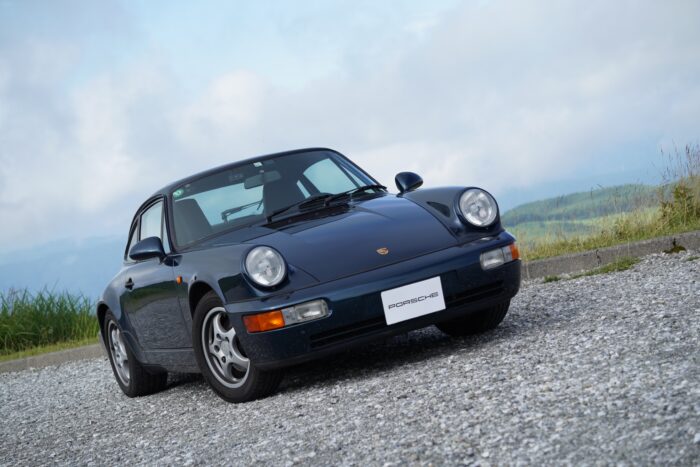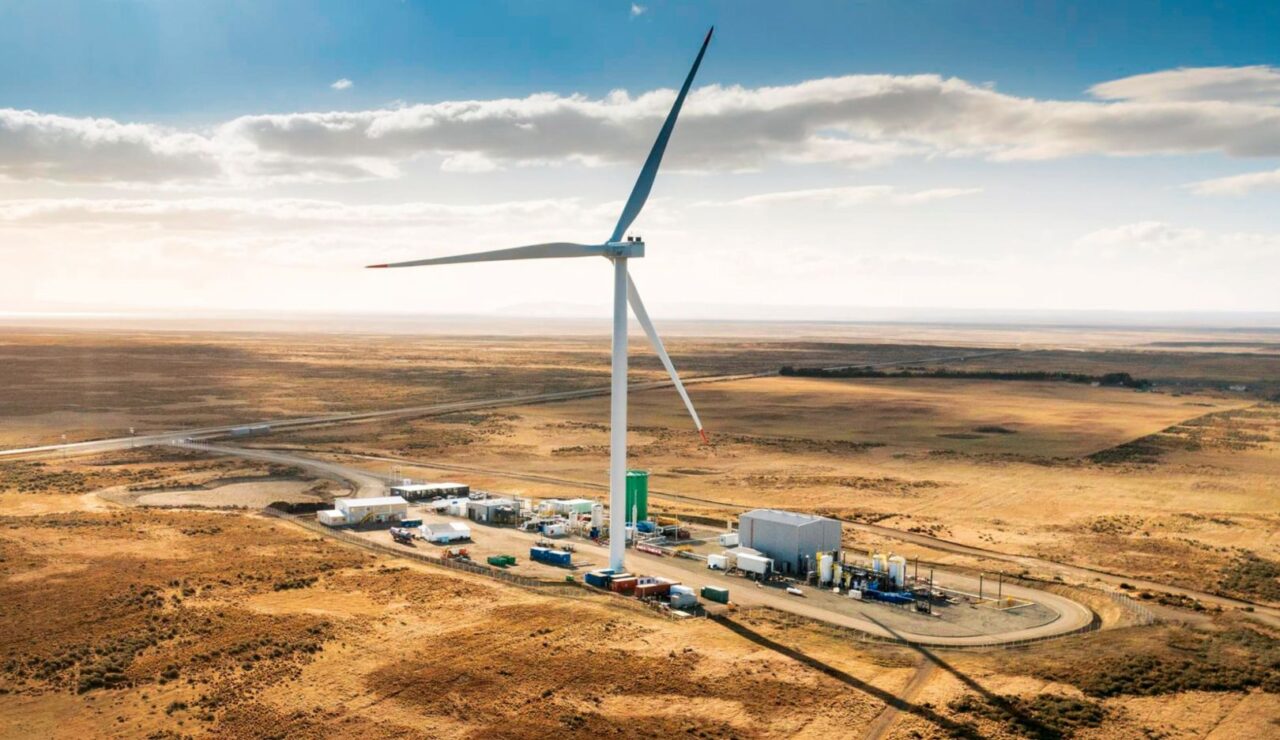Porsche Predicts Expansion of Synthetic Fuel “e-fuel” – Will the Future See Air-Cooled Porsches Still Running?
公開日:2024.08.30

コンテンツ
Porsche Confident in the Future of e-fuel
Porsche predicts that by 2030, synthetic fuel known as e-fuel will account for a “significant share” of gasoline consumption.
This outlook seems to be supported by growing interest from potential customers and governments alike.
Porsche has invested heavily in e-fuel development and partnered with companies like HIF Global to establish a pilot production facility in Chile. The project aims to demonstrate that e-fuel can be produced in a carbon-neutral way.
Currently, the European Union plans to allow the sale of internal combustion engine vehicles beyond 2035 only if they use carbon-neutral e-fuel. However, some in the industry express concerns that this requirement may be unfeasible and could effectively lead to a ban on internal combustion engines.
Aiming to Expand e-fuel Production
Michael Steiner, Porsche’s Head of Research and Development, views the Chilean e-fuel plant as a “role model” and believes e-fuel production should be scaled up. Steiner suggests gradually replacing fossil fuels with e-fuel rather than running cars solely on e-fuel from the start.
According to Steiner, “The key is how much fossil fuel can be substituted. Like biofuels, we can start by blending. The important thing is to reduce fossil fuel usage.”
Additionally, the recent slowdown in EV sales growth has prompted automakers including Porsche to extend the lifespan of internal combustion engine models, which has further increased interest in e-fuel.
Advances in e-fuel Production Technology
Porsche is currently preparing to add a new air capture facility to the Chilean e-fuel plant. This facility will utilize waste heat recovered from the main plant and complement existing wind and solar power generation.

Steiner explains, “This will allow us to obtain the CO2 needed for e-fuel directly from the atmosphere. If successful, this completes a circular model where energy is sourced from the sun and wind, and essential elements are drawn from the air. This is a recycling technology comparable to the biological cycle of fossil fuels but shortens a process that normally takes millions of years.”
Future Strategy for Internal Combustion Engine Vehicles
In response to the slowdown in EV sales growth, Porsche recently announced plans to extend the lifespan of existing gasoline engine models such as the Cayenne. Steiner explained the reason for this strategic shift as follows:
“Our strategy has been based on three pillars: internal combustion engines, hybrids, and full electric. What we have done is adjust the timing. We are preparing for the possibility that 80% of cars sold by 2030 will be electric, but we expect the transition to proceed more slowly in many markets.”
For internal combustion engine models, upgrades will not only meet new emissions regulations but also include updates to infotainment and engine technology. Improvements are planned for V8 and V6 engines as well.
Regarding the 911, Porsche is adopting a lightweight hybrid system rather than a full plug-in hybrid this time. Steiner explained, “The 911 is the core of our brand, and we determined that a lighter solution was necessary.”
Porsche’s approach reflects a broader industry trend of simultaneously advancing EV adoption while improving existing internal combustion technologies and developing alternative fuels. If e-fuel becomes practical and widespread, it could enable internal combustion engine vehicles to continue running with reduced environmental impact.
Personally, I can’t help but hope for a future where air-cooled Porsches and naturally aspirated engine Porsches can keep driving forever.
このブログが気に入ったらフォローしてね!


Comment ( 0 )
Trackbacks are closed.
No comments yet.